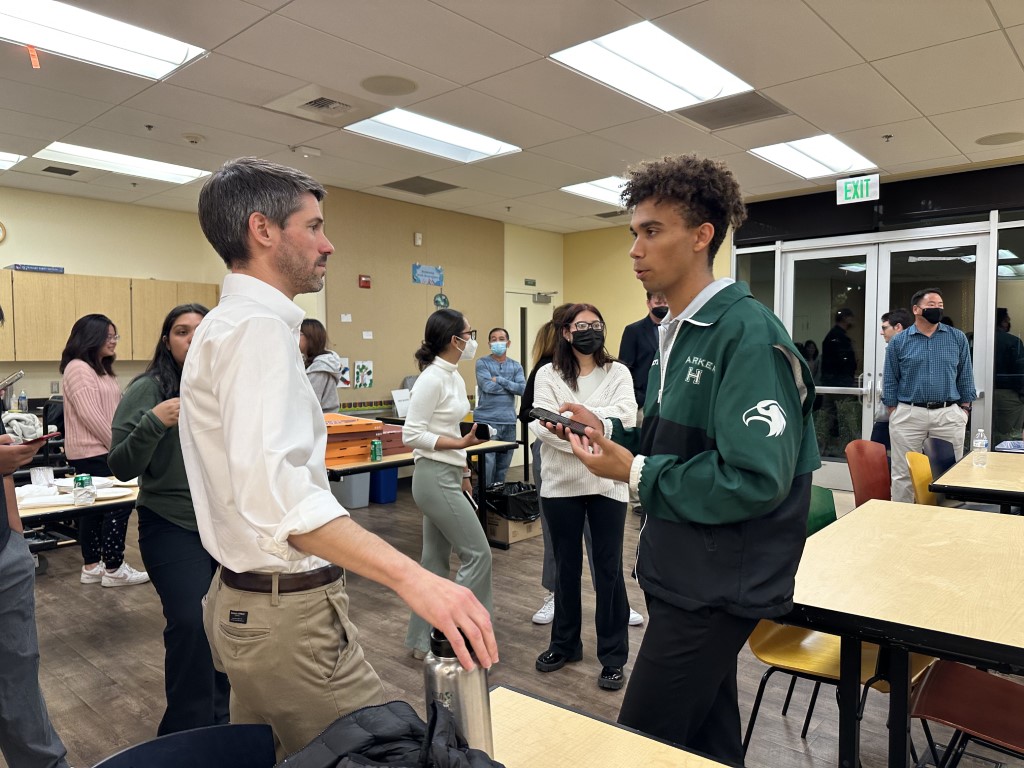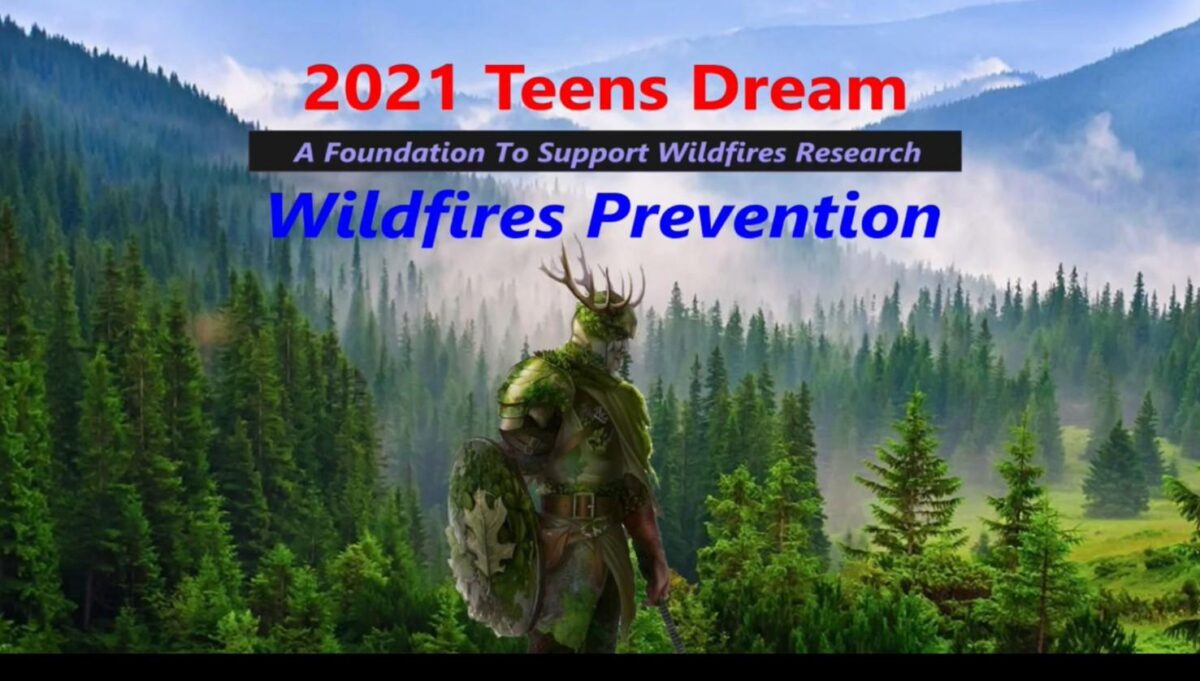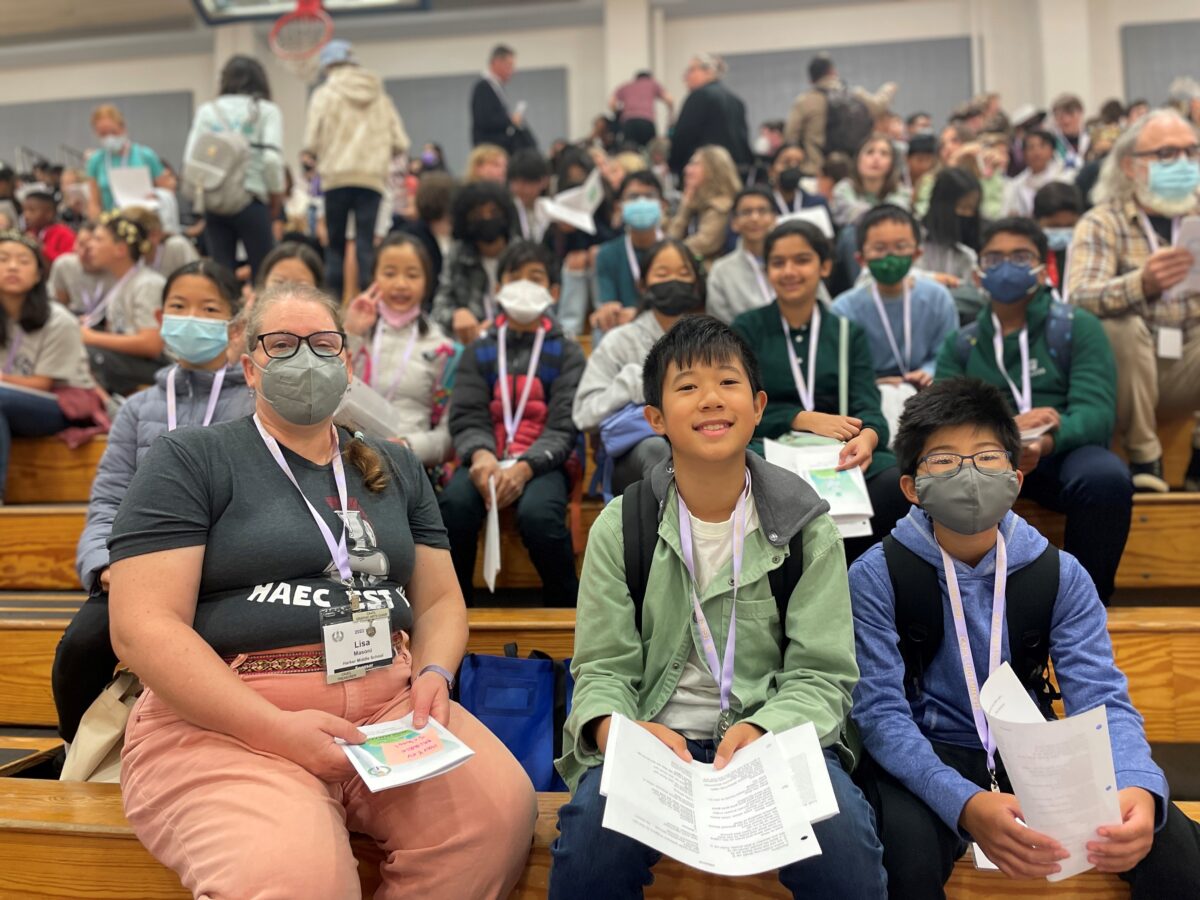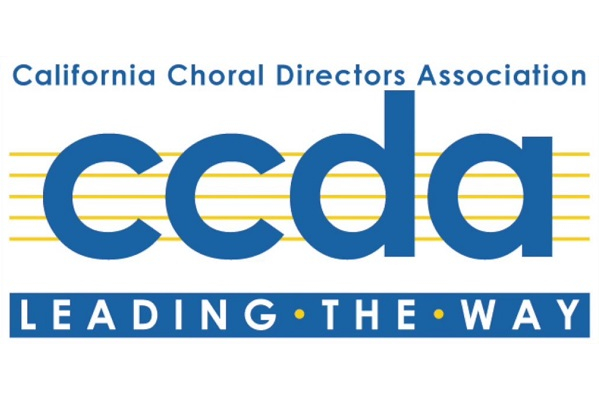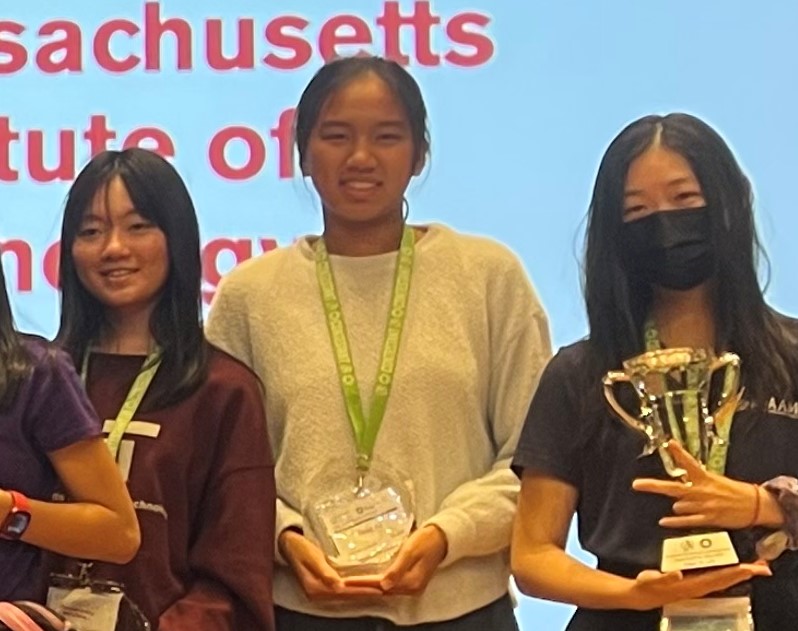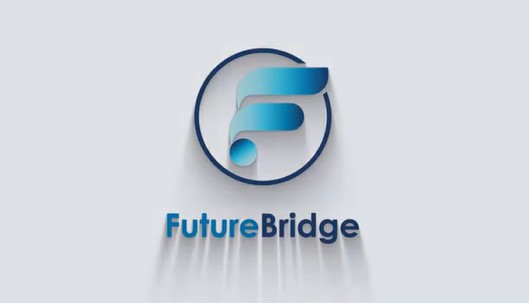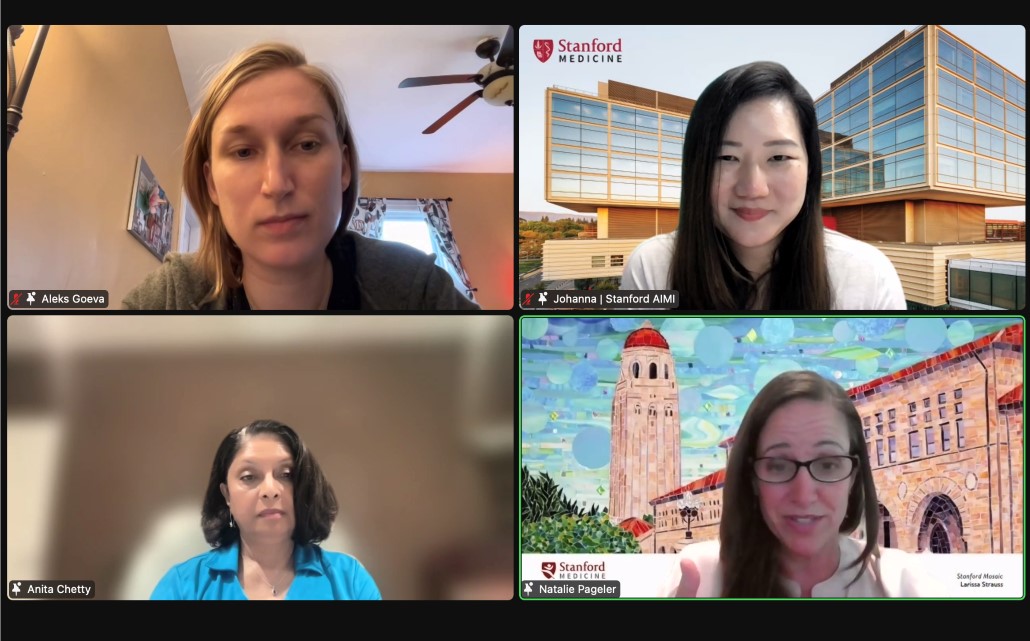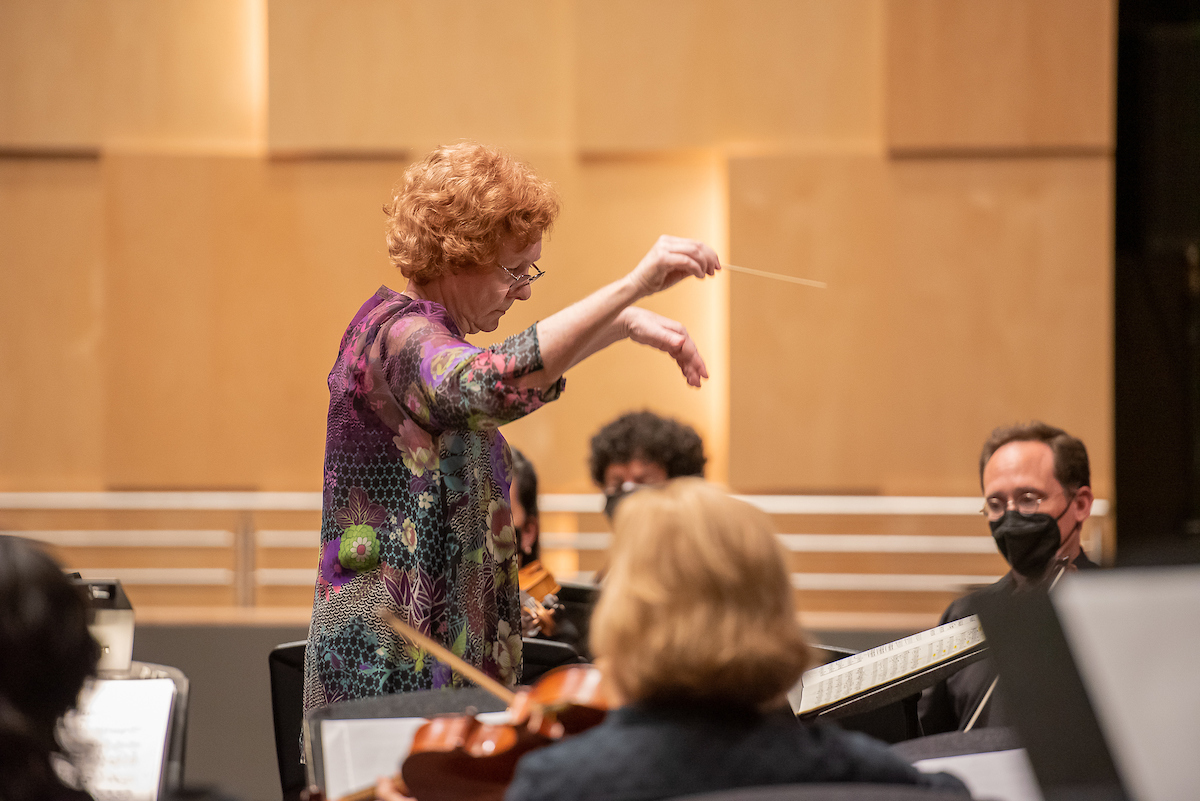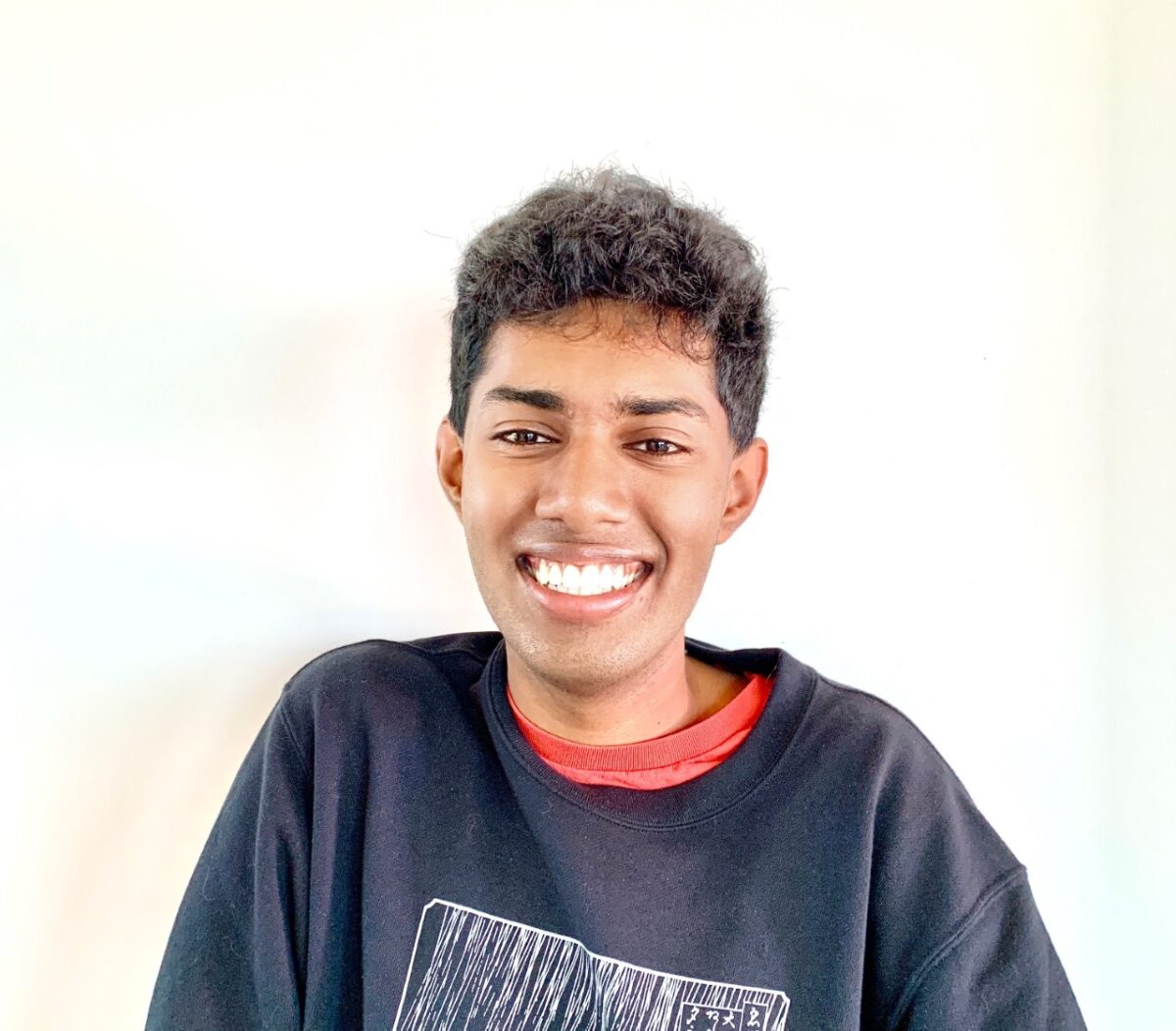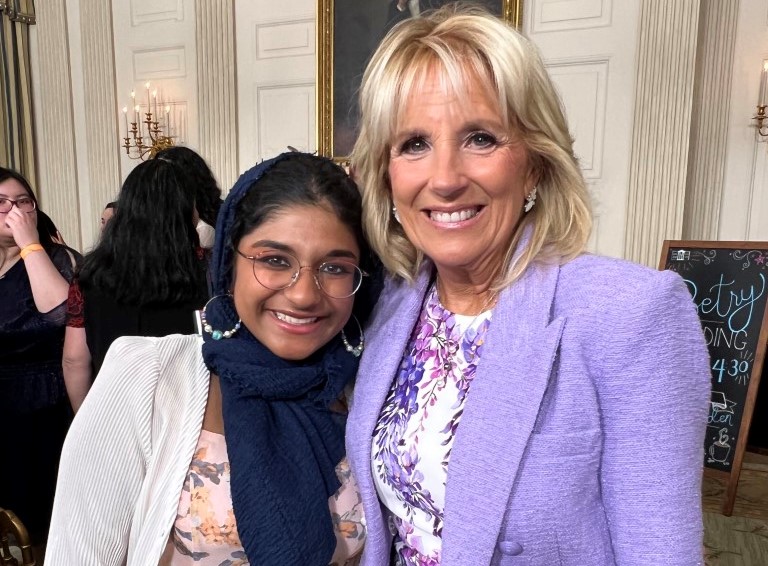The San Jose Mayor Youth Forum, organized by students from Harker and Yerba Buena High School, was held Oct. 25 at the Cambrian Branch Library in San Jose.
Upper School
Student recognized for video on wildfire prevention
Earlier this month, junior Nathan Liu was honored in a special celebration recognizing the winners of the 2021 Teens Dream Video Changemaker Challenge.
Upper and middle school students perform well at JCL October Games
The California Junior Classical League celebrated its return to in-person events with an epic Ludi Octobres (October Games), where 23 Harker Latin students competed.
13 Harker singers named to regional honor choir
13 Harker singers were recently declared members of the California Choral Directors Association (CCDA) Coastal Region Honor Choir.
Students place high at Math Prize for Girls
Juniors Olivia Xu and Catherine Li placed in the top 36 at the mathematics contest, held at MIT.
Student-run learning opportunities attract nationwide attendees
This past summer, Alec Zhang, grade 11, and Jingjing Liang, grade 9, held a special online learning event called FUTUREx IDEA, which was attended by more than 100 students from 78 high schools across the country.
Programming Club holds fifth Girls Programming League Challenge
The Harker Programming Club held its fifth annual Girls Programming League Challenge last month with competitors from 65 schools.
San Jose Chamber Orchestra opens 2022-23 Harker Concert Series
The first concert of the 2022-23 season of the Harker Concert Series featured a local favorite, the San Jose Chamber Orchestra.
Senior debater takes first at prestigious Greenhill Round Robin
Senior Rahul Mulpuri won first place at the prestigious Greenhill Round Robin in September.
Senior visits White House to read poetry, meet Jill Biden
Junior Sarah Mohammed visited the White House to read her poetry at a ceremony honoring the 2022 National Student Poets
